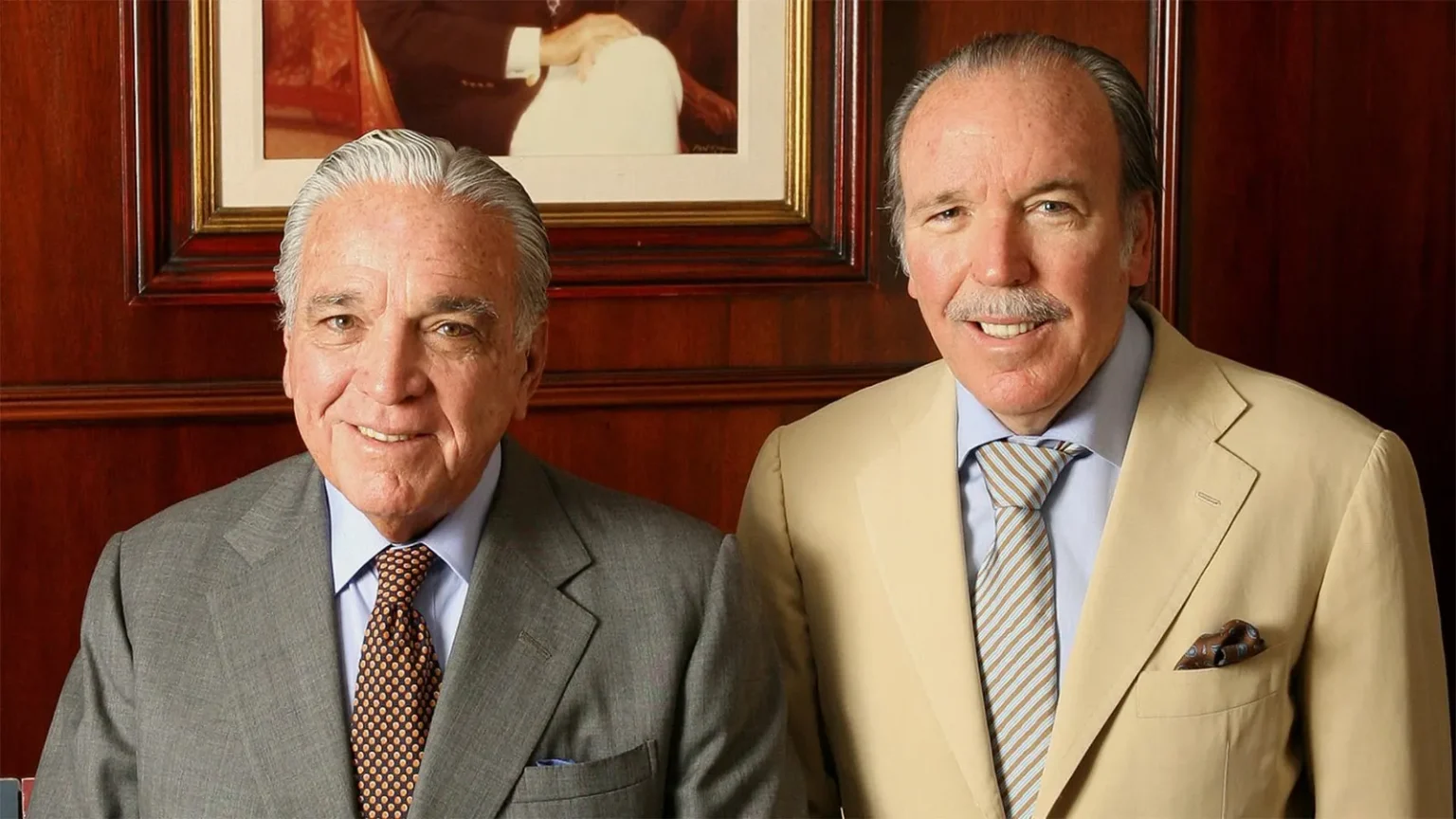The Fanjul Family’s Sweet Deal: How Sugar Magnates Court Political Power
The Fanjul family, owners of the world’s largest cane sugar refining operation, have mastered the art of political influence over decades, but their relationship with the Trump administration may be their most lucrative connection yet. After fleeing Cuba following Castro’s revolution in 1959, the Fanjuls rebuilt their sugar empire in Florida, eventually controlling major brands like Domino Sugar and Florida Crystals. Their business, now worth an estimated $4 billion, produces 16% of all raw sugar in the United States. Recently, they’ve scored a significant victory through their relationship with President Trump, who has pushed Coca-Cola to develop a new cane sugar line of sodas while implementing tariffs that protect domestic sugar producers from foreign competition.
The family’s political savvy was on full display during Trump’s second inauguration, which patriarch José “Pepe” Fanjul attended after donating nearly $1 million to Trump’s campaign. When Coca-Cola CEO James Quincey presented Trump with a commemorative Diet Coke, the president questioned why the company doesn’t use American cane sugar in its signature soda. After Quincey claimed there wasn’t enough supply, Trump contacted Pepe Fanjul directly to verify this claim. Months later, Trump announced on social media that Coca-Cola would create a new cane sugar line, calling it “a very good move.” Although Coca-Cola has been tight-lipped about its sourcing plans for this new product line, industry insiders confirm the Fanjuls are positioned to be significant suppliers when production begins this fall.
The Fanjul siblings—Alfonso (“Alfy”), 88, José (“Pepe”), 81, Alexander, 75, Andres, 67, and Lillian, 87—present their story as the embodiment of the American Dream. After Castro’s forces seized their Cuban sugar empire in 1959, they pooled resources with other Cuban refugees to purchase 4,000 acres in Florida. From these modest beginnings, they built a business that today includes Florida Crystals (with $5.5 billion in revenue), ASR Group (the world’s largest cane sugar refiner), and a partial ownership stake in Central Romana, a Dominican Republic agricultural conglomerate. Their big break came in 1984 when they purchased Gulf and Western’s sugar operations, taking on $240 million in debt—a move that, as Pepe later remarked, “put us on the map.”
Critics, however, paint a different picture of the Fanjuls’ success. Colin Grabow of the Cato Institute, who published a report critical of U.S. sugar policy, argues their story represents a cynical version of the American Dream based on “cozy connections with politicians” rather than inventiveness or hard work. The family has weathered decades of accusations about environmental damage from their operations, including chemical runoff into waterways and air pollution from burning sugarcane leaves. Their Dominican Republic operations faced even more serious allegations, with the Biden administration temporarily banning sugar imports from Central Romana in 2022 due to forced labor concerns. Although the restrictions were lifted in March 2024 after the company made “documented improvements,” the episode highlights the controversy that has shadowed their business practices.
The Fanjuls’ political influence extends far beyond Trump. Since 1977, the family and their companies have donated at least $24 million to federal and Florida state campaigns and PACs across both political parties. Florida Crystals has spent more than $20 million on federal lobbying since 1999. Their political connections have paid dividends—in one famous incident from 1996, Alfy Fanjul called President Bill Clinton directly to complain about a proposed sugar tax, after which Clinton withdrew his support for the measure. Their bipartisan approach has ensured continued government protection of U.S. sugar prices, which remain roughly twice as high as global market prices due to supports like below-market loans and import restrictions.
The Trump administration has been particularly beneficial for the Fanjuls’ business interests. Beyond pushing Coca-Cola to use American cane sugar, Trump signed legislation increasing the loan rate for raw cane sugar from 19.75 cents to 24 cents per pound and imposed a 50% tariff on Brazilian sugar imports—a major competitor to domestic producers. These policy changes come at a crucial time for the industry, which has faced volatility in global sugar prices. For the Fanjuls, the new Coca-Cola contract represents not just additional business but validation of their decades-long strategy of political cultivation. As one industry observer noted, when Trump eventually leaves office, the Fanjuls will simply “go back to doing what they know best—courting politicians on both sides of the aisle.” It’s a strategy that has kept their business sweet for over six decades in America, regardless of which party controls Washington.


